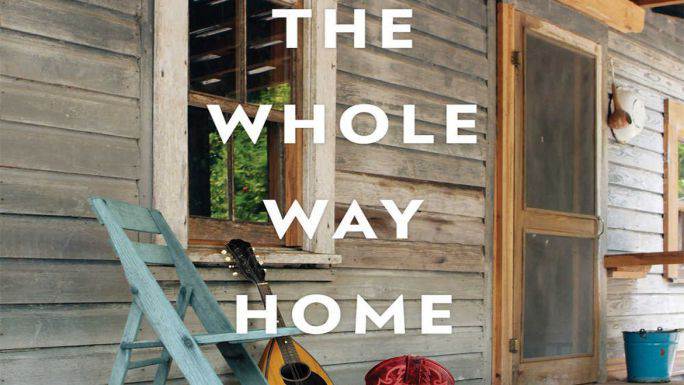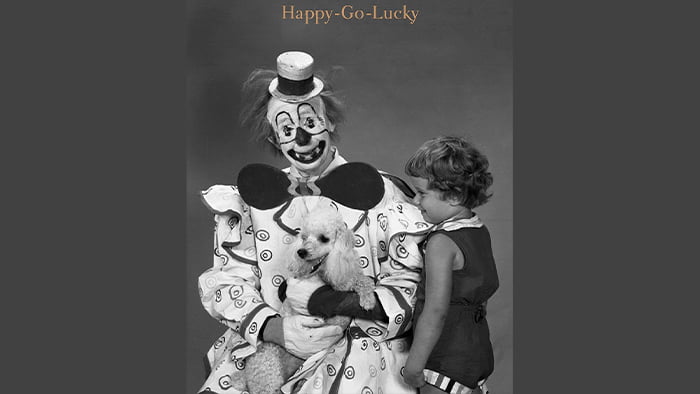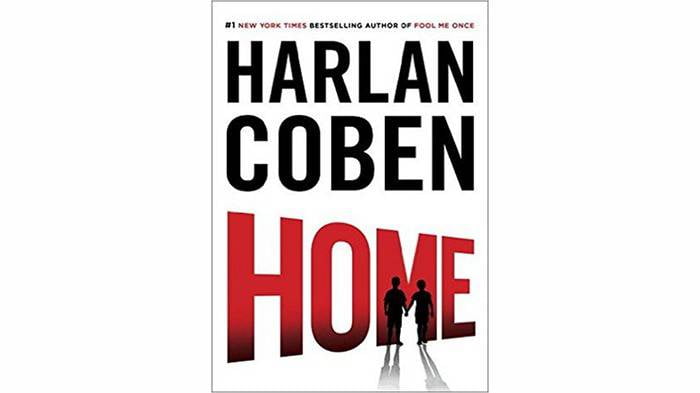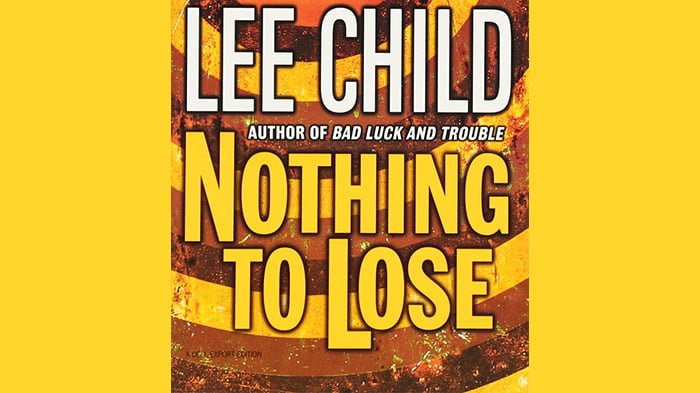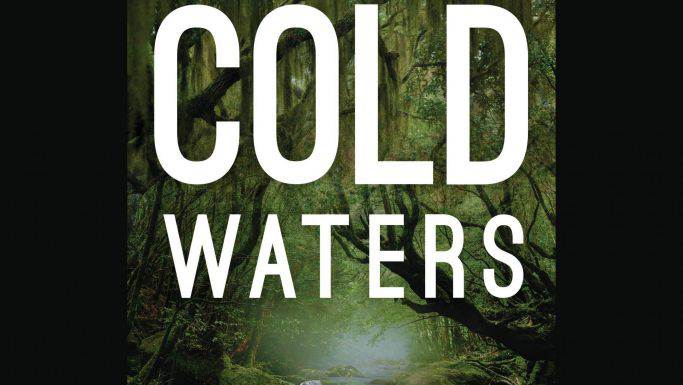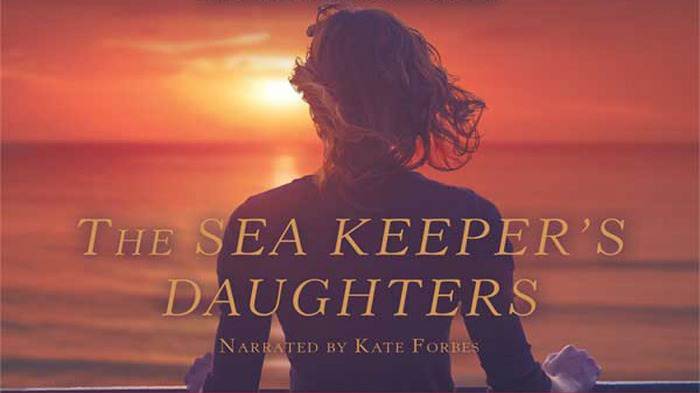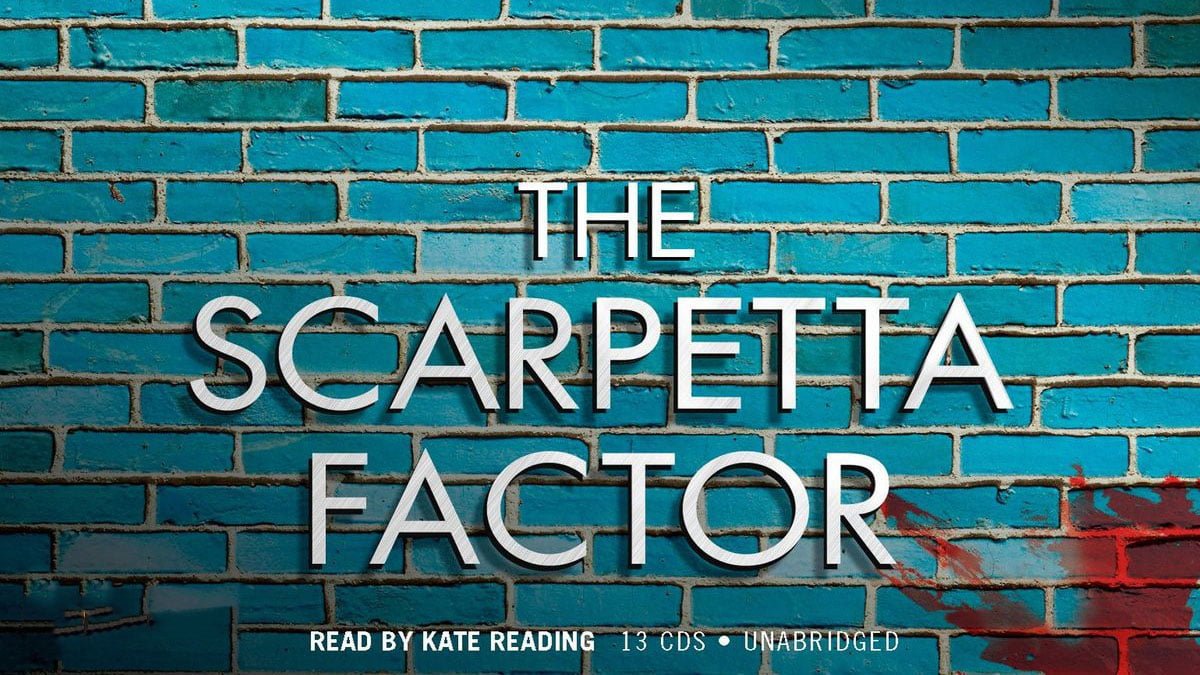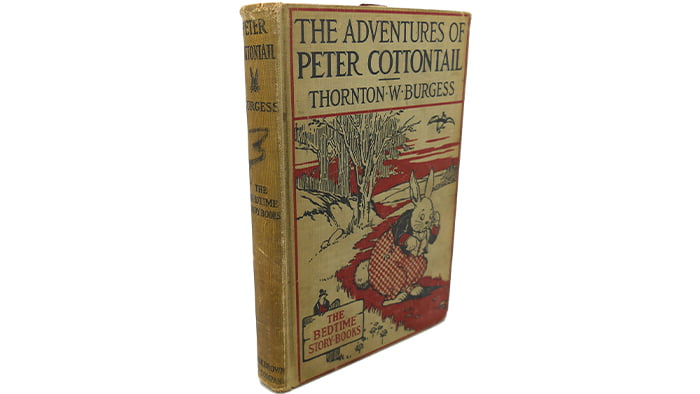Utilize our search toolbar promptly if the article lacks audio! Search Now♥
To my surprise Dust is the absolute final installment of the Silo series (not counting fan fiction which he fully supports.) Hugh could have broken Dust into 3 or more books and rode the Silo series buzz train forward and sold a lot more books in the process. He didn’t and it shows in both absolute good and the occasional bad found within the pages of Dust.
Without delving into spoilers I will say the two central issues with Dust – why I can only give it 4 stars – is the nature of resounding coincidence and Juliette’s inconsistency.
I can’t explain the numerous coincidences without revealing too much of the story which I do not want to do. You may notice that some events unfold in a timespan that is defined in the narrative as days or weeks while simultaneously another character is in a separate event taking place seemingly over the course of a few hours but their is some level of interaction between the two and lost time not accounted for – as far as I can tell. In general, nobody is keeping time. At one point in the book one character happens to ask another, ‘how long has it been.’
The response is, ‘does it matter?’ Perhaps this is Hugh nodding to the audience that a logical flow of time isn’t being kept. Or this is a metaphysical nod towards the idea that how long we live isn’t important, rather what we do with that time is more important. There are also plenty of situations where character are ‘in the nick of time.’ Fortunately it doesn’t make the story that much less satisfying, only a bit jarring. Much of this might be chalked up to fast-punch writing style that crams 1500 pages worth of content into 500. That could have destroyed the narrative but instead it fixes the many pacing issues found in Shift with new problems that, fortunately, only barely detract from the story being told. The choice is the lesser of two evils. If you love to be left in suspense you might be disappointed with how quickly questions are resolved.
Juliette’s changes could be explained through Hugh’s desire to say a lot of things about life, death, fear, hope, love, and every other philosophical quandary to the largest potential audience before he embarks on a new endeavor. I don’t claim to know Hugh’s mind but I can’t imagine how his life has changed since writing Wool; I believe much of that likely bleeds through into Juliette and to a lesser extent Lukas.
As we know, Juliette takes on many roles throughout the series. She is both complex and crucial to driving the story. In Dust, as a result of challenging and complex events from previous books, she has become the voice that rouses people through monologue and speeches that often had me standing and cheering in my empty bedroom. This occasionally becomes a problem. There are many likeable characters in the book that weave in and out of the narrative helping drive it forward and vice-versa. It all balances out in a believable way.
But, throughout Dust I often felt the story reached the end of the artists canvas like we sometimes see in cartoons; a large white space staring back at us that is uncompleted, the characters standing around knowing what is on the next panel but now way to get there. In the case of Dust, I felt that Juliette became Hugh’s brush used to quickly sketch in a transition or philosophical moment that, to me, transformed Juliette from a idyllic strong-willed female warrior fighting the good fight into a ‘half damsel-in-distress caricature and half deity’ before suddenly being thrust back into her normal role; she became a shallow plot device which made her uninteresting and one of my least favorite among all of the characters littered throughout the story. Keep in mind I love almost every character in the book so on a scale of 1-10 she is still at 7.5. In this case, a longer book might have allowed more narrative to carry the story naturally forward.
Speaking about characters, I often had to set aside my Kindle and take a breather and get my emotions under control. There is one particular moment that made me both sad and incredibly angry, but no Silo reader expects every character to make it out alive no matter how much we may wish to rewrite the story for ourselves. And that is what makes Dust so compelling.
The Silo series is about a lot of things, but little of it is about the apocalypse, massive cover ups, or questions of morality such as, ‘was building the silos the right thing for humanity?’ At the heart of these books is a tale of people living their lives in complacency, going through the aches and pains of daily life because that is ‘how things are supposed to be.’ We all want to rationalize our actions in life so that we can look ahead to tomorrow. Rarely do we understand why. As a result we sometimes listen to liars, flock to prophets, or burn the truth because we fear the real answers. Nobody should expect to change the world, but if we only look up at the stars and dream for even a moment, hope for something more and put aside our fears that the path will be fraught with tragedy, we can always find the greener pastures.
The tale Hugh Howey succeeds in telling is one that left me sufficiently satisfied both in regards to content and the foundations he, as a self-published author, is helping lay for aspiring authors. I wait in earnest that another sweeping epic will find its way onto my Kindle. (Everyone should check out his website and youtube channel.)


